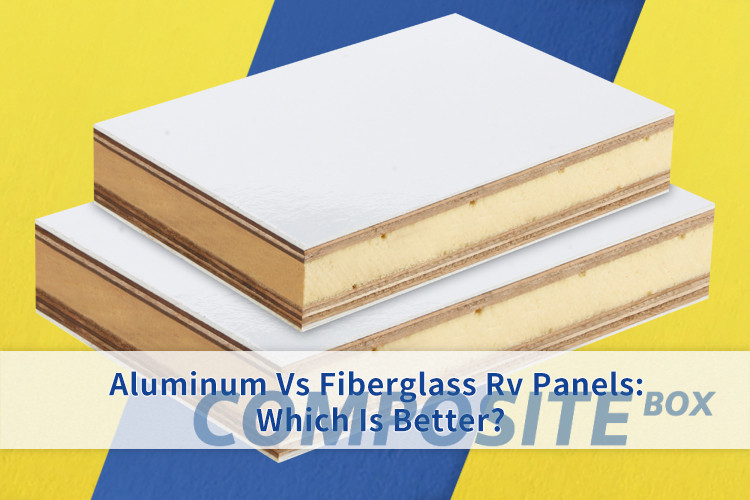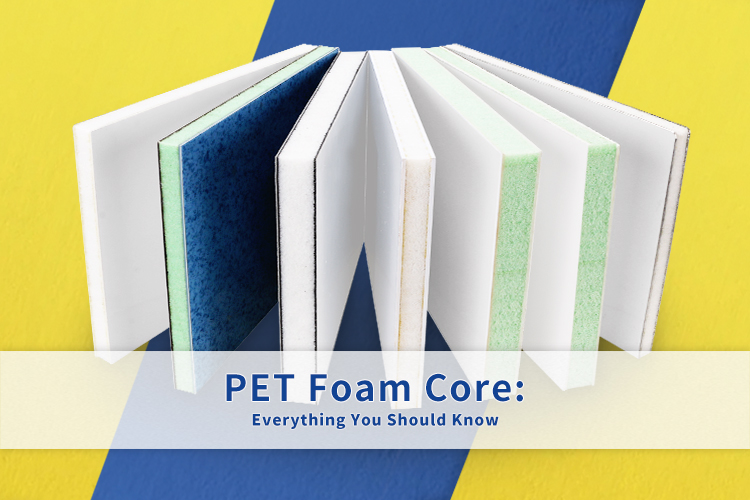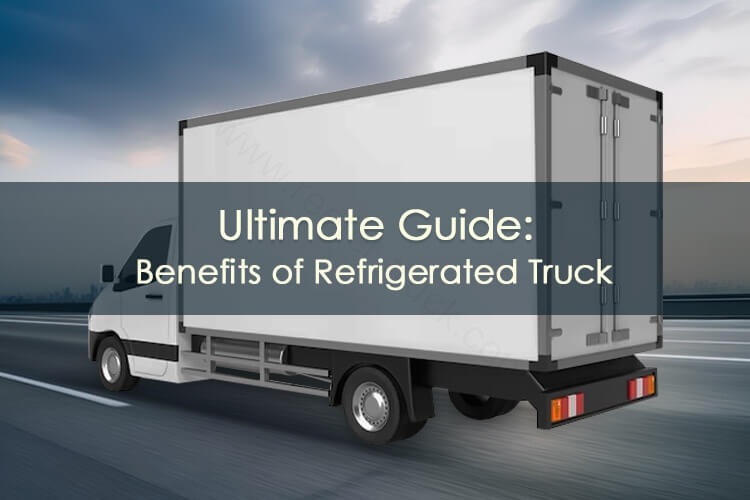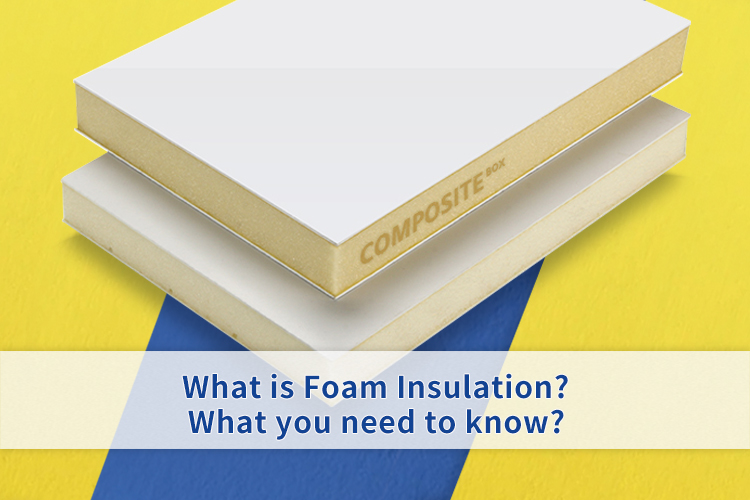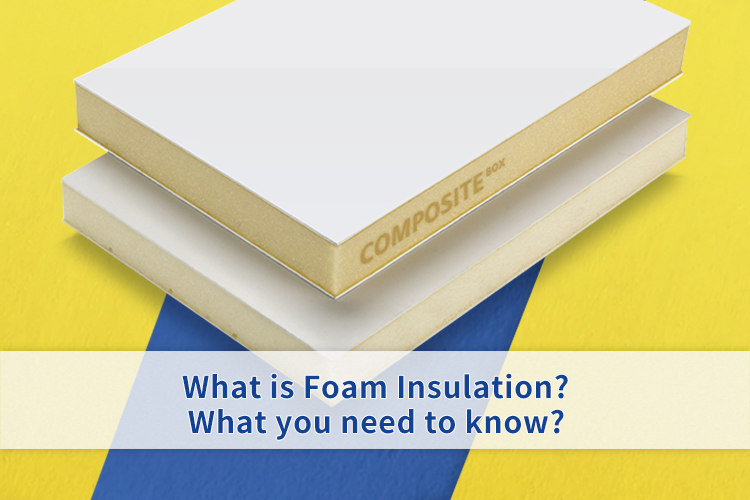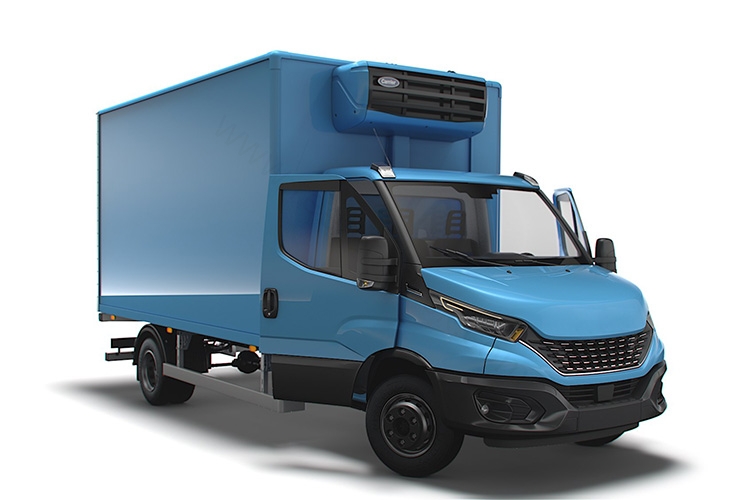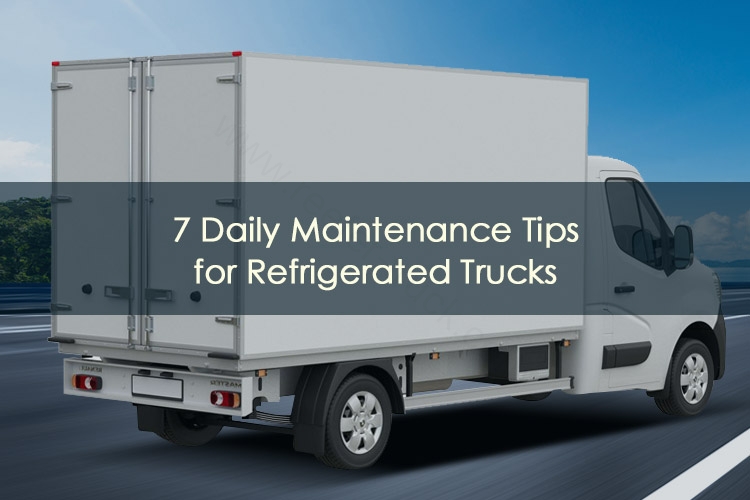Aluminum Vs Fiberglass Rv Panels: Which Is Better?
Campers are typically trailer-based vehicles. When they were first invented, they were primarily constructed using steel frames. These structures were relatively complex and featured basic equipment and functionality. Unlike today’s RVs, which have evolved to a highly mature stage, the common structures of campers are primarily made of fiberglass or aluminum. The differences between these materials are significant, and they also vary greatly in terms of lifespan, cost, and weight.
Aluminum campers are typically very heavy but have an elegant appearance. However, they are susceptible to environmental factors and prone to damage. Additionally, they are significantly more expensive than fiberglass.
Fiberglass is undoubtedly the material of the future, offering numerous advantages and unique characteristics. However, determining the optimal choice requires further research.
Regardless of whether you choose aluminum or fiberglass, both are far superior to wooden campers.
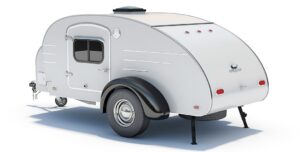
Aluminum RVs
Over the past 50 years, aluminum RVs have been the most popular mode of transportation for travelers across the country. However, in recent years, RVs have become ubiquitous, and in dealerships, we can see rows of fiberglass and aluminum RVs. Everyone is choosing based on their own circumstances.
We enjoy the convenience and joy that aluminum RVs bring, but they still have certain drawbacks.Will aluminum RVs continue to be used in the future? We will explore this further.
- Advantages Price Affordable Durability Easy to replace Poor insulation
- Aluminum RVs are a recyclable structure. They play an important role in the recycling of resources.
- Aluminum RVs are more affordable in terms of price. Consumers do not need to spend too much on costs.
- Easy to maintain. Damaged panels can be replaced on your own.
- The interior has a hollow core structure, reducing weight.
Disadvantages
- Prone to damage, aluminum walls are easily dented. Difficult to repair, requiring full replacement.
- Poor insulation. Aluminum RVs conduct heat quickly and cannot maintain internal warmth in winter.
- Low resale value due to its appearance being easily damaged.
- Susceptible to moisture and humidity, leading to corrosion.
Fiberglass
Fiberglass RVs entered the market later than aluminum campers.
Some people are confused by this. Fiberglass is more expensive than aluminum and is not easily recyclable. Why do consumers prefer fiberglass RVs?
Advantages
Fiberglass is lightweight, improving form efficiency. This meets the needs of more consumers.
Neat appearance, almost one-piece molding. No rivets.
Good impact resistance and scratch resistance. It does not show obvious dents after a single impact.
Fiberglass has a long service life. Even after 15 years of use, it retains a higher residual value.
It is durable and has rebound properties upon impact. It is more fatigue-resistant and can operate normally in extreme environments without cracking easily.
It has excellent thermal insulation properties. Fiberglass is typically combined with foam composites. Using XPS or PU foam can enhance thermal insulation performance. It keeps the interior cool in hot weather and maintains the air conditioning’s cooling performance.
No need to worry about corrosion. Fiberglass is a non-metallic material and does not rust like steel or aluminum.
Easy to clean, with few seams on the surface that do not accumulate dust. The seams prevent plant growth. Daily maintenance can be completed with simple tools.
Resistant to deformation. Typically, fiberglass sandwich panels use a steel frame inside, making the structure more robust.
Easy to produce and install, with fiberglass capable of modular design.
Disadvantages
Slightly more expensive. Its cost is only slightly higher than aluminum RVs.
How to choose?
Steel RV bodies have been around longer. They predate fiberglass materials by a significant margin. Fiberglass has gained popularity in the past 20 years due to its unique advantages. If given the choice, I would unhesitatingly opt for a fiberglass body. They differ significantly in many aspects.
- Insulation Performance
If you frequently engage in RV camping during cold winters and hot summers, you can choose a fiberglass RV because it is an insulating material. The insulation foam inside has a low thermal conductivity. Fiberglass sheets also have low thermal conductivity. - Cost
In terms of cost, fiberglass is more expensive. Aluminum bodies are cheaper. However, you should know that this additional expense can enhance the overall user experience.The higher cost of fiberglass means better performance, longer lifespan, and improved overall vehicle quality. - Weight
In terms of weight, fiberglass RVs are lightweight, which reduces weight and optimizes driving efficiency. - Construction Difficulty
Manufacturing aluminum RVs requires a large number of rivets and welding processes, which means higher manufacturing costs and labor. However, fiberglass RVs can save costs and be produced in a short amount of time.
Why does fiberglass have a longer lifespan?
Fiberglass RV bodies have a longer lifespan due to their performance characteristics.
Fiberglass is highly corrosion-resistant and rarely corrodes. It is also impact-resistant and does not dent. It does not age significantly. These factors contribute to its long lifespan.
Which is better for a camper?
Whether you are a newcomer to RVs or an experienced enthusiast, choosing a fiberglass camper trailer or RV is the best option. Fiberglass campers offer excellent performance, including durability, impact resistance, and a long service life. They are also easy to clean and have a sleek, rivet-free appearance.

